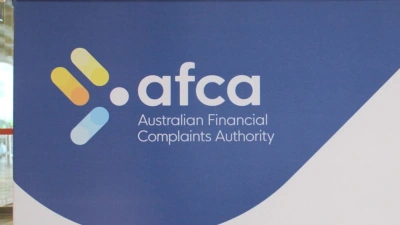Responsible entity directors disqualified



Queensland-based responsible entity, Avestra Asset Management is the focus of attention from the Australian Securities and Investments Commission (ASIC), with the Federal Court disqualifying its former directors following multiple contraventions of the Corporations Act.
Rowles and Dempsey were disqualified after a judgement delivered last week showed the pair had undertaken related party transactions without member approval, failed to act in the best interests of their scheme members, and failed to ensure the provisions of Avestra’s Australian Financial Services License (AFSL) were met.
In addition, the misconduct by the Avestra managers included failure to notify scheme members of changes to investment risk, failure to exercise expected care and diligence, and failure to place adequate arrangements for the management of conflicts of inverters arising from the provision of their financial services.
“If Avestra had observed effective compliance and conflict-management practices, it is likely that the episodes of misconduct described … would not have unfolded, or not to the same extent,” the Court in its judgement.
“Dempsey’s and Rowles’s omissions … were not merely procedural or technical contraventions. They were shortcomings that created or reflected a significantly deficient corporate culture, which enabled Avestra to act with a systematic and serious disregard of its fiduciary and regulatory obligations.”
ASIC commissioner, John Price said the regulator would be on the lookout for similar situations.
“ASIC will ensure that responsible entities and their directors who fail in these duties are held to account,” he said.
“The findings of the Federal Court in this matter make very clear that responsible entities are required to act in the interests of members.”
Recommended for you
ASIC’s court case with Interprac is causing advisers to explore the possibility of self-licensing, according to My Dealer Services, as they observe the reputational damage it can bring to a practice.
AZ NGA has entered a strategic partnership with a Sydney advice firm with $600 million in assets under advice to support its succession plans and future growth.
With complaints on the rise and an expanded jurisdiction, the Australian Financial Complaints Authority is on the hunt for four C-suite roles, three of which are newly-created positions.
Ahead of the 1 January 2026 education deadline for advisers, ASIC has issued its ‘final warning’ to the industry, reporting that more than 2,300 relevant providers could be on their way out.











